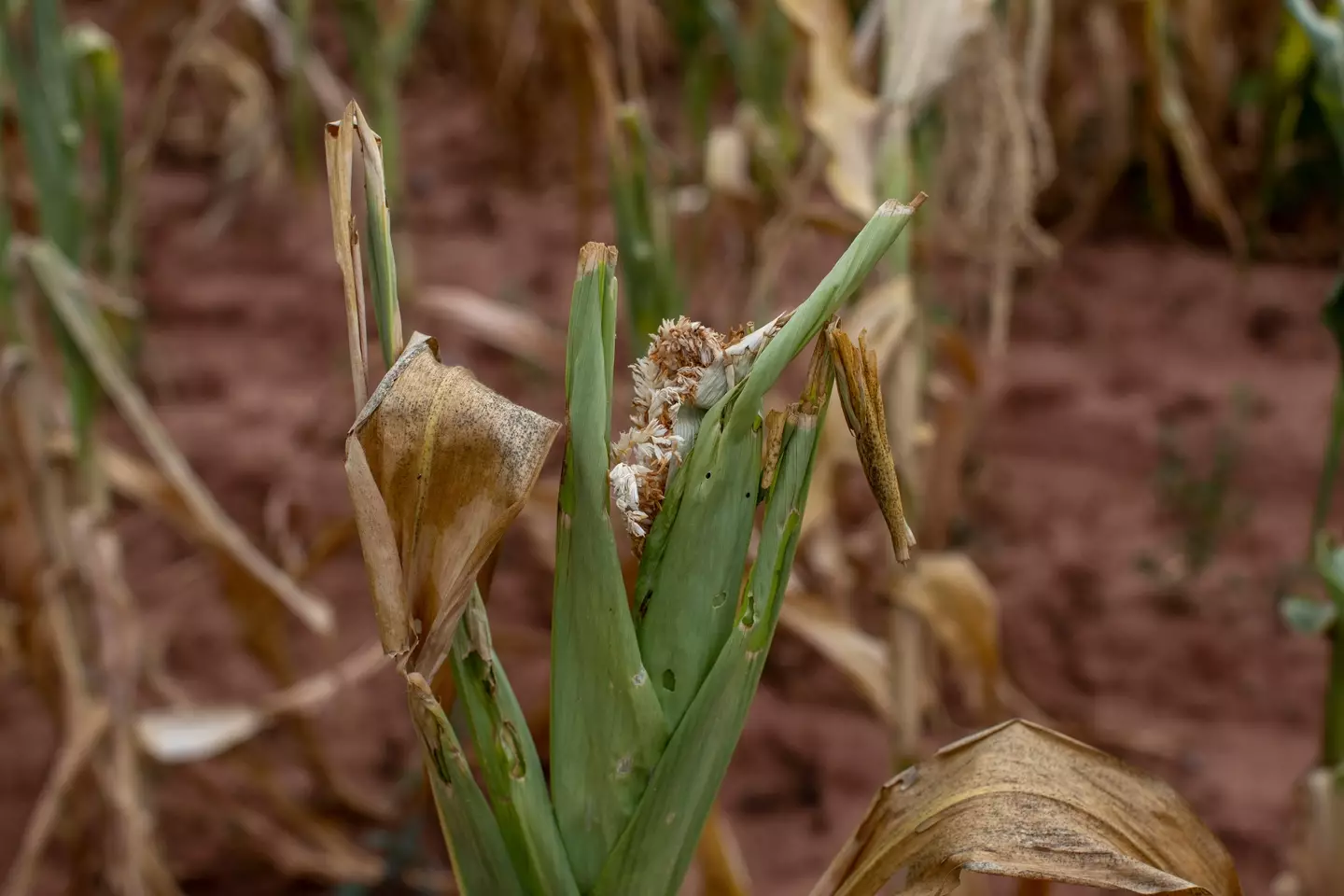
If you've never given a thought to the link between climate change and food, then now might be a good time to start.
Food security is not a given for so many people across the world, and if you add climate change into the equation, there are some serious home truths.
Recently, in the UK, Energy Secretary Ed Miliband said Britain’s way of life is “under threat” from climate change as the Met Office said extremes of heat and rainfall are becoming the norm.
Advert
The latest state of the UK climate report, published in the Royal Meteorological Society’s International Journal of Climatology, shows the impact of human-caused global warming on the UK’s weather, seas, people and wildlife.
And, of course, food security is impacted too as a result.
From earlier spring events in nature, to record warm periods in 2024, which have already been beaten again this year, Met Office experts say the UK’s climate is “notably different” from just a few decades ago.
If you haven't heard of the report, it details the climate in 2024, but also over the longer term, highlighting how the UK has warmed at a rate of about 0.25C a decade and is now about 1.24C warmer than from 1961 to 1990.
Another thing the report also detailed was that, for the first time, UK sea levels are rising faster than the global average.
Elsewhere, the report said that the last three years have been in the top five warmest on record for the UK.
Last year was the fourth warmest in records dating back to 1884, while 2024 had the warmest May and warmest spring on record – already beaten by 2025’s record hot spring.
Those are some things to really consider.

New analysis in the report also showed that the hottest summer days have warmed about twice as much as average summer days have in the past decade in some parts of the UK.
The report also said tide gauge records since the 1900s show sea level rise around the UK is speeding up, with two-thirds of the rise of that time taking place in just the last three decades.
So, how is this all relevant to food security?
Well, among the factors that can impact food security include risings temperatures, changing precipitation patterns, extreme weather events, flooding and heavy rainfall, and, as mentioned above, sea-leave rise.
Tropical storms also come into the mix, they can cause widespread destruction as the strong winds and heavier precipitation that can come with storms can flatten crops, disrupt supply chains and ultimately, displace populations.
The Met Office also points out that climate change impacts food utilisation (in short, how your body uses food to keep you healthy) as it can influence health outcomes.
So, increases in diseases like diarrhoea and respiratory illness can "impair nutrient absorption and increase nutritional needs", they say, adding: "Poor health reduces labour productivity, further undermining food security."
It really makes you think very differently about the food we eat daily.
